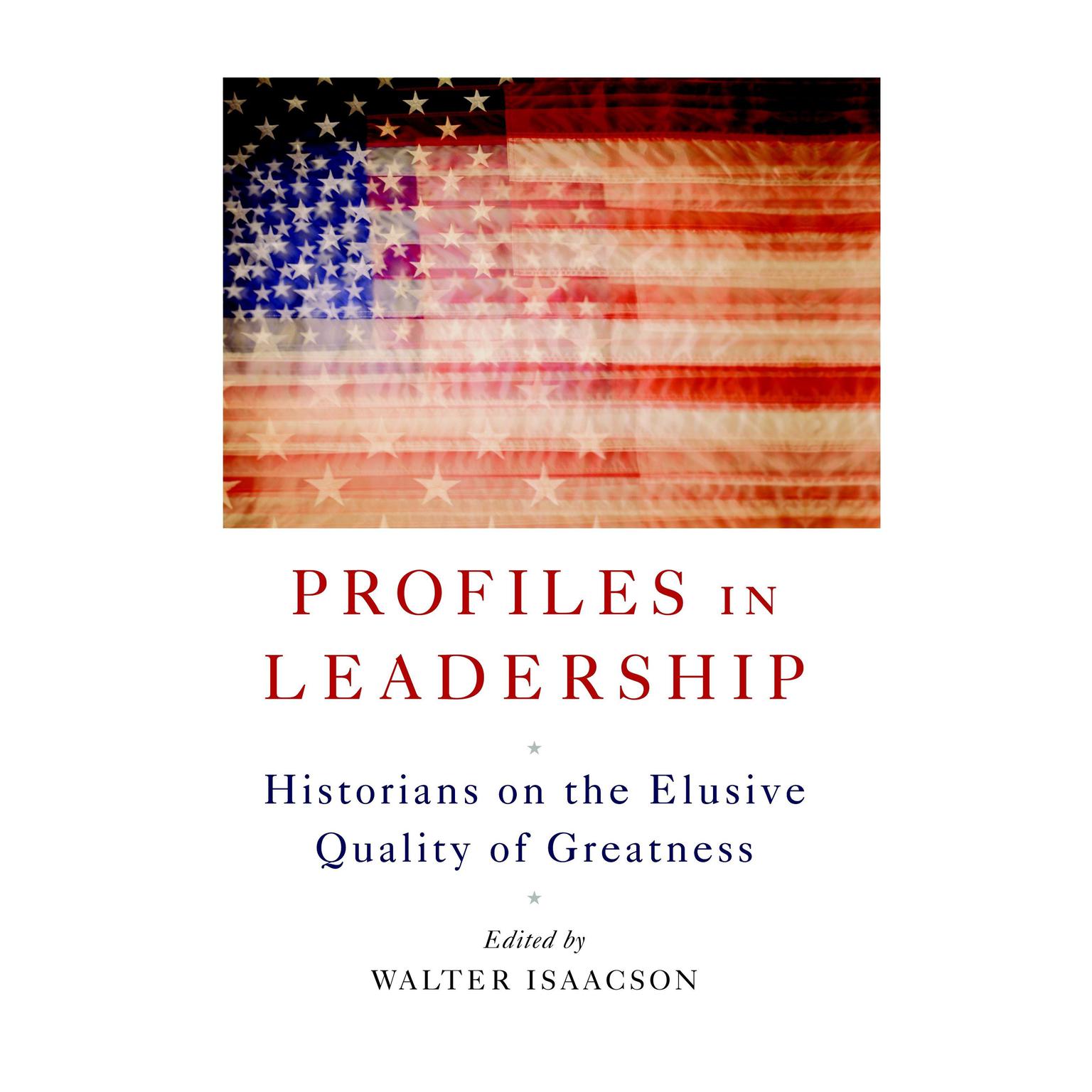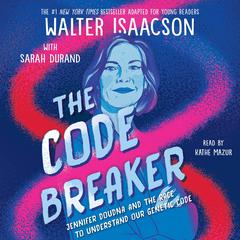 Play Audiobook Sample
Play Audiobook Sample
Profiles in Leadership: Historians on the Elusive Quality of Greatness Audiobook
 Play Audiobook Sample
Play Audiobook Sample
Quick Stats About this Audiobook
Total Audiobook Chapters:
Longest Chapter Length:
Shortest Chapter Length:
Average Chapter Length:
Audiobooks by this Author:
Publisher Description
The best historians in the land consider examples of great leadership, well known and surprising, from Washington to Willkie and more. What made FDR a more successful leader during the Depression crisis than Hoover? Why was Eisenhower more effective as supreme commander during World War II than he was as president? Why was Grant one of the best presidents of his day, if not in all of American history? What drove Bobby Kennedy into the scrum of electoral politics? Who was Pauli Murray and why was she one of the most decisive figures in the movement for civil rights? Find the surprising and revelatory answers to these questions and more in this collection of new essays by great historians, including Sean Wilentz, Alan Brinkley, Annette Gordon-Reed, Jean Strouse, Robert Dallek, Frances FitzGerald, and others. Entertaining and insightful individually, taken together the essays represent a valuable set of reflections on the enduring ingredients of leadership.
Download and start listening now!
"Very human and fallible people lead us. "
— Peter (4 out of 5 stars)
Profiles in Leadership Listener Reviews
-
" This is not the book I thought it was. I thought it was written by Walter Isaacson. It's many authors. Some stories are good, most average. Or maybe I was just to disappointed to appreciate it. "
— Jon, 3/13/2013 -
" Very human and fallible people lead us. "
— Peter, 6/25/2011
About Walter Isaacson
Walter Isaacson is the author of highly acclaimed works of nonfiction, including several biographies that have made the #1 spot on the New York Times bestsellers list. A professor of history at Tulane University, he has been CEO of the Aspen Institute, chair of CNN, and editor of Time. Visit him at Isaacson.Tulane.edu.
About Nicholas Hormann
Nicholas Hormann has appeared in over a hundred plays on and off Broadway and in the nation’s leading professional theaters, including the American Conservatory Theater, the Mark Taper Forum, and the Kennedy Center. He has made guest appearances on numerous television series and narrates audiobooks. He attended the Yale School of Drama and lives in Los Angeles.






















